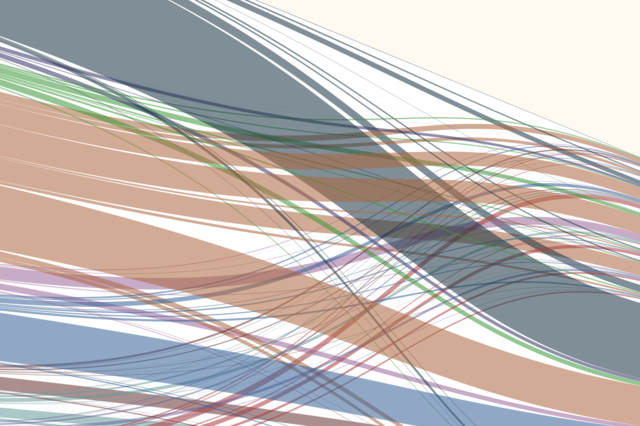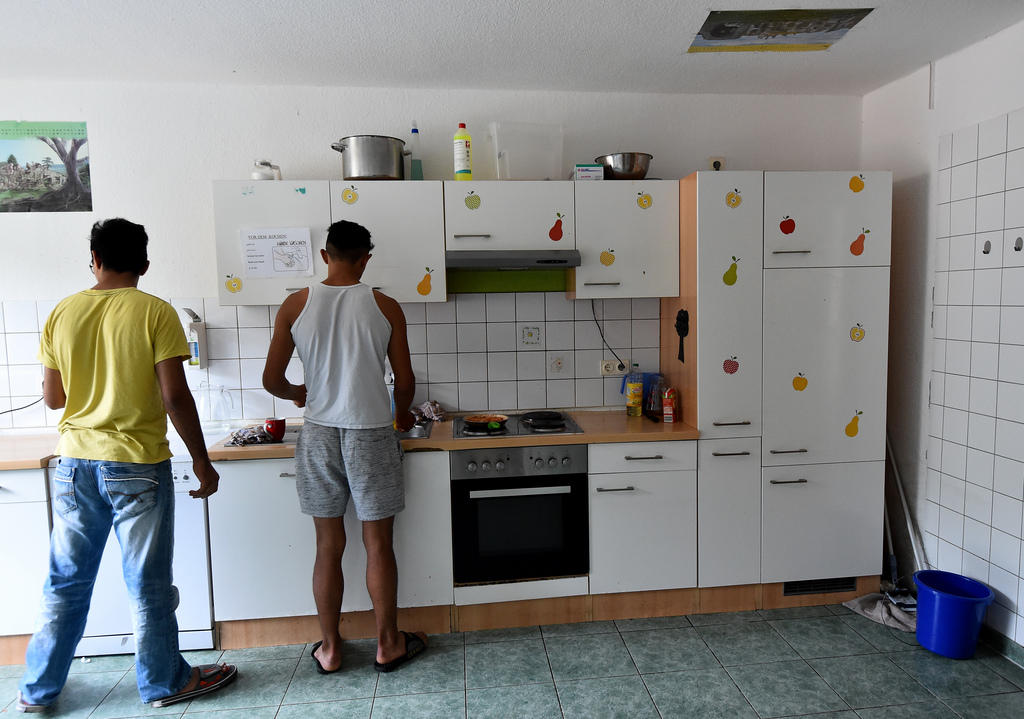Swiss asylum requests plunge 36% in first half of 2017

Requests for asylum in Switzerland plunged by more than a third to 9,123 in the first half of 2017 after authorities closed the Balkan land route used by thousands to flee conflicts in the Middle East, Asia and Africa, the government said on Wednesday.
The State Secretariat for Migration (SEM) reported a 36% drop in the first half of the year compared to the 14,277 requests during the same period in 2016.
Officials said the latest figure is the lowest they have seen for any January-to-June period since 2010. However, the number of asylum seekers in Europe, including Switzerland, could rise again soon depending on the flow of refugees from the Mediterranean and whether a 2016 agreement between the European Union and Turkey to hold back migrants holds up.
Planning for more
As a neutral and landlocked country, Switzerland “is not a destination country of choice for migrants arriving in Western Europe. However, the number of asylum applications is generally higher in the second half of the year, making any linear extrapolation impossible,” the SEM said in a statementExternal link.
As a result, it said, the secretariat is basing its plans around an expected 24,500 asylum applications. People from Eritrea, Syria, Afghanistan, Somalia and Sri Lanka made the most asylum requests in June.
Also in June, 61 people arrived in Switzerland as part of a resettlement agreement with the United Nations refugee agency to take in up to 2,000 people by the end of 2018. The program targets particularly vulnerable people in Syria and neighboring countries.
Another 136 people came to Switzerland from Greece or Italy in June as part of a relocation agreement with the EU. Since the program began in September 2015, Switzerland has welcomed 1058 people. The program lets asylum seekers already registered in Italy or Greece transfer elsewhere in Europe.

More
Asylum requests in Europe: where things stand

In compliance with the JTI standards
More: SWI swissinfo.ch certified by the Journalism Trust Initiative



You can find an overview of ongoing debates with our journalists here. Please join us!
If you want to start a conversation about a topic raised in this article or want to report factual errors, email us at english@swissinfo.ch.